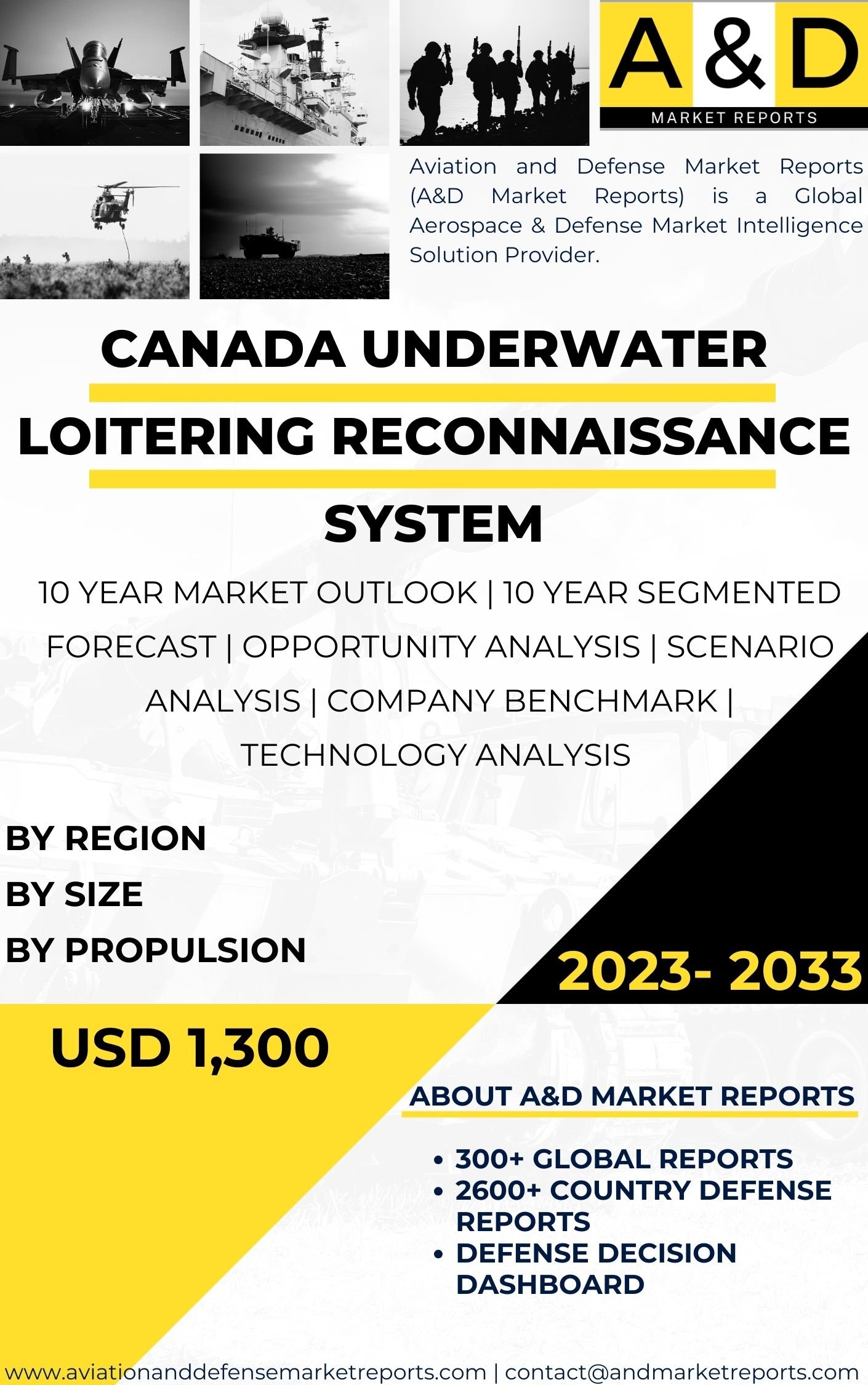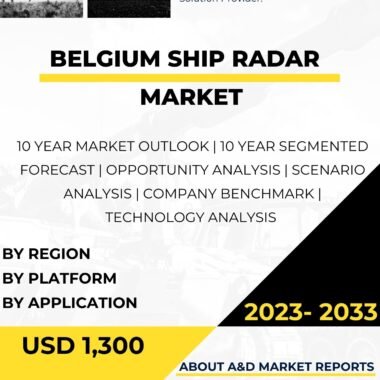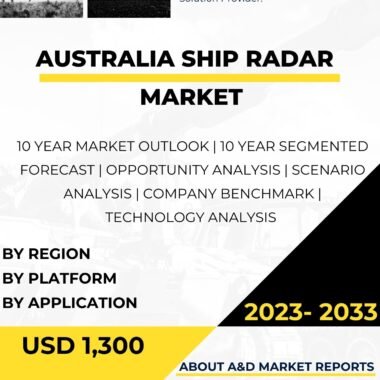Description
Canada’s role in the global underwater loitering reconnaissance system market highlights its commitment to advancing maritime technology and bolstering its naval capabilities in an era of evolving security challenges. This emerging sector, characterized by the development and deployment of autonomous underwater vehicles (AUVs) capable of extended surveillance and reconnaissance missions, has garnered significant attention on the world stage. Canada’s active participation underscores its determination to remain at the forefront of naval innovation, safeguard its vast maritime territories, and contribute to global maritime security.
Canadian involvement in the underwater loitering reconnaissance system market extends to the development and deployment of cutting-edge AUVs with advanced capabilities. These AUVs are designed to operate autonomously for extended periods, carrying out missions that range from underwater surveillance and reconnaissance to mine detection and environmental monitoring. Canada’s expansive coastline, Arctic waters, and significant maritime interests necessitate the adoption of such advanced technologies to protect its sovereignty, resources, and national security.
Furthermore, Canada has fostered partnerships with international allies and defense industry leaders to enhance its capabilities in underwater loitering reconnaissance. Collaborative efforts with NATO member states and other like-minded nations facilitate knowledge sharing, resource pooling, and joint research and development initiatives. These partnerships not only strengthen Canada’s own defense capabilities but also contribute to the development of interoperable reconnaissance systems that can be employed in multinational operations, reinforcing global maritime security.
The Canadian defense industry has played a pivotal role in the design and manufacturing of state-of-the-art underwater loitering reconnaissance systems. These systems exhibit adaptability, endurance, and advanced sensor technologies, allowing them to effectively operate in various aquatic environments and adapt to evolving mission requirements. Canada’s research institutions and access to extensive maritime testing grounds have provided a fertile ground for refining and validating these reconnaissance systems.
Moreover, Canada’s approach to ethical and legal considerations in underwater loitering reconnaissance is a testament to its commitment to responsible practices in this field. Adherence to international laws and conventions governing maritime activities, including those related to environmental protection, safety, and freedom of navigation, is integral to Canada’s strategy. By upholding these standards, Canada not only earns the trust of international partners but also sets an example for responsible reconnaissance practices globally.
Canada’s participation in the global underwater loitering reconnaissance system market aligns with its broader defense policy, emphasizing technological modernization and innovation. As the nature of maritime threats continues to evolve, the ability to gather timely and accurate underwater intelligence is paramount. By investing in loitering reconnaissance technology, Canada is positioning itself to address these emerging challenges and maintain its competitive edge in maritime security.
In conclusion, Canada’s active engagement in the global underwater loitering reconnaissance system market reflects its commitment to maritime security, technological innovation, and international collaboration. Through the development and deployment of advanced AUVs for extended surveillance and reconnaissance missions, Canada seeks to bolster its naval capabilities, protect its vast maritime interests, and contribute to the collective security of allied nations. With a steadfast commitment to responsible and ethical reconnaissance practices, Canada is well-prepared to navigate the complex maritime environment of the 21st century and ensure a safer and more secure future for all.




